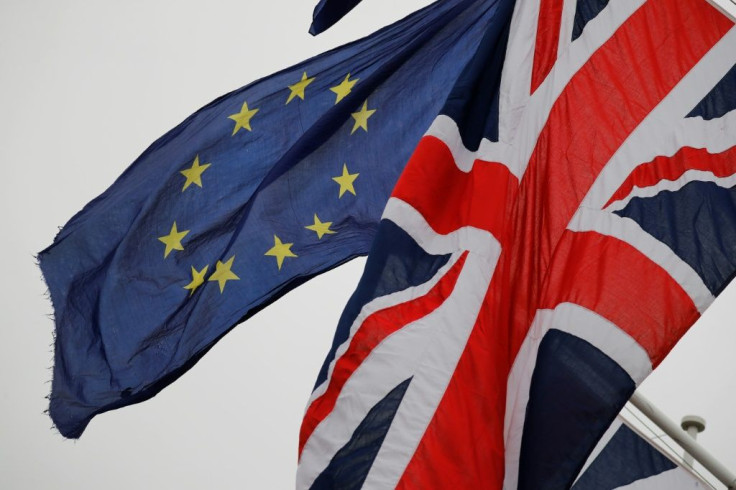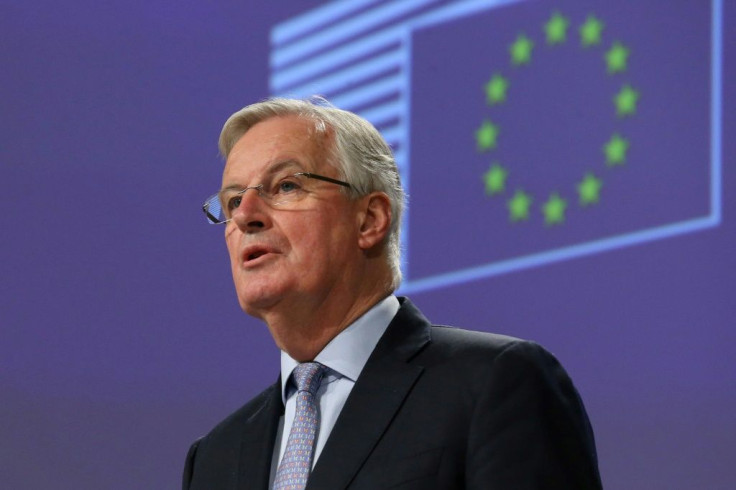Big Differences Persist After Round One Of Brexit Trade Talks

The EU and Britain on Thursday underlined major differences as a first round of trade talks ended in Brussels, with no progress on the most contentious issues.
Both sides are trying to establish new grounds for the future of EU-UK relations, just a month after Britain's divorce from the European Union following 40 years of an often tumultuous membership.
The EU's chief negotiator Michel Barnier insisted that, while talks were cordial, "many serious divergences" remained after four days of meetings in Brussels that involved scores of officials on each side.
The British government offered a very similar analysis, warning that despite a "constructive tone... there are, as expected, significant differences," a spokesman said.
The divergent positions have been known for a while, with the UK determined to make a clean break from EU rule-making and the EU insisting on upholding its standards on health, state aid and the environment.
"The UK spent a lot of time this week, insisting on its independence. Ladies and gentlemen, nobody, nobody contests the UK's independence," Barnier said.
"And we ask the UK to respect our own independence," he said.
Barnier said talks had snagged on all these issues including the ability to ensure fair competition from British companies, often referred to as keeping a "level playing field".
"To be completely frank with you... there are many divergences, and they are very serious divergences, which is probably quite natural," Barnier said.
"The British tell us that they still have these ambitions of high standards, but they do not want to translate these commitments into a common agreement," he said.

Another problem was Britain's unwillingness to accept jurisprudence from the EU's top court as well as the European Court on Human Rights; London contends they are not a typical demand of trade deals.
However, "when it comes to the protection of the rights of European citizens, the interpretation of European law will and can only be done" by the EU court, he insisted.
Fishing also remained a major issue as Britain looks to more tightly control access to its national waters.
"The United Kingdom... wishes to negotiate reciprocal access to British waters and European waters on an annual basis," Barnier said.
"I can say this as a former fisheries minister... it's not practicable," he said.
Barnier said that while a deal was still possible, it would be very difficult, especially since British Prime Minister Boris Johnson has refused to extend the talks beyond the end of the year.
Until that date, Britain can trade like an EU member with no tariffs or other barriers but with no say in deciding policy.
Barnier said the December 31 deadline left an exceedingly tight timeframe few see as feasible for anything but a bare-bones accord.
Both sides have planned a total of five rounds of talks before a June EU-UK summit where leaders will take stock of progress. The next negotiation session is set for March 18 in London.
Asked about the impact of coronavirus on the talks, Barnier said the teams were looking at the problem "in a very pragmatic way".
"We have a timetable and for the moment, we are bringing together people who are not ill.... There's no ban on meetings," he said.
The officials met at a Brussels conference centre and split into nine groups for negotiations on a wide range of topics.
© Copyright AFP 2024. All rights reserved.





















